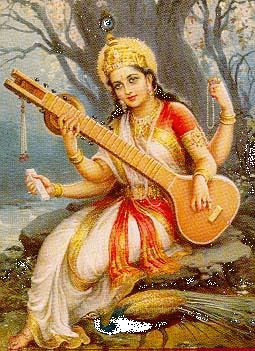|
Potted
History:
If
ever there was a country whose history is hard to pot, it's India. The origins
of Hinduism can be traced right back to 2500 BC when, on the banks of the Indus
river, priests, not kings, ruled the land and worshipped the gods Kali and Siva
- just as Hindus do today.
A
thousand years later the Aryans swept in from central Asia, driving the locals
south and asserting their gods of nature.
After another thousand or so years,
in a struggle recorded in the Hindu Vedas, the priestly caste reasserted its god,
Brahma (the universal soul) alongside the Aryan god Indra (goddess of food or
battle depending upon the era).
There's a lovely story about Indra's double life - a woman for one phase of the
moon, a man for the next.
If you've ever wondered where the caste system originated,
it was here at the time when the Brahmin priests needed to secure their position.
Ironically though, it didn't begin life as the rigid system it is today - back
then you could rise if you only worked hard enough. This is also the point at
which the division between the meat eating north and vegetarian south emerged.
Even
then, Hinduism, like a hungry beast simply absorbed Buddhism into its ideology,
regurgitating it as sects represented by Rama and Krishna. Confused?
In the north
there followed a volleying between the organised Mauryas, the Ajanta and Ellora
cave-building Guptas and the White Huns which played out until the arrival of
the Muslims; while further south Hinduism flourished and people began trading
with the Egyptians and Romans. |
